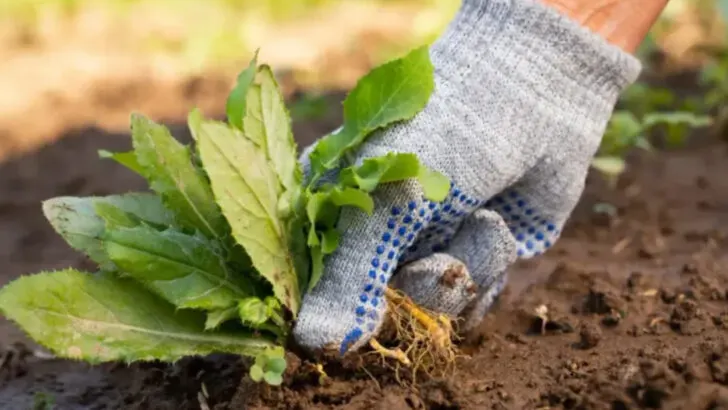Gardening has its peaceful moments, hands in the soil, the smell of tomatoes in the sun—but let’s be honest: not every part of it is enjoyable. There are tasks that feel more like chores than hobbies, no matter how much you love your plants. And most gardeners, even the most dedicated ones, have a few things they quietly dread but do anyway.
From fighting off stubborn weeds to untangling a hose for the hundredth time, some jobs just wear you down. They’re not exactly Instagram-worthy, and they definitely test your patience. Here are 16 things gardeners don’t usually talk about, because even in the most beautiful garden, there’s a bit of grumbling behind the scenes.
Weeding
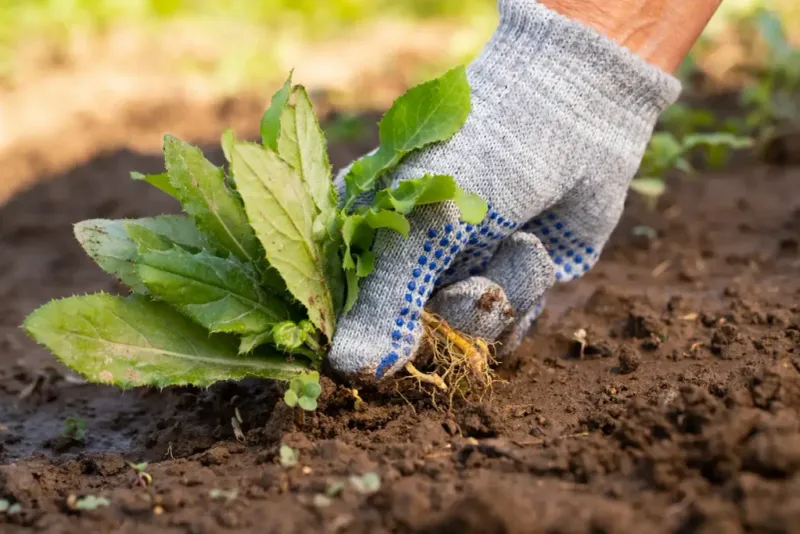
The bane of a gardener’s existence, weeding is a relentless task. No matter how often you pull them, weeds seem to return with a vengeance, like uninvited guests overstaying their welcome. The back-breaking work and the seemingly endless supply of weeds can test anyone’s patience.
It’s not just about aesthetics; weeds steal nutrients and water from beloved plants. Every gardener knows the frustration of spending hours hunched over, only to find new sprouts the next day. Despite best efforts, weeds have a way of sneaking back, leaving gardeners in a constant battle with nature.
Pruning
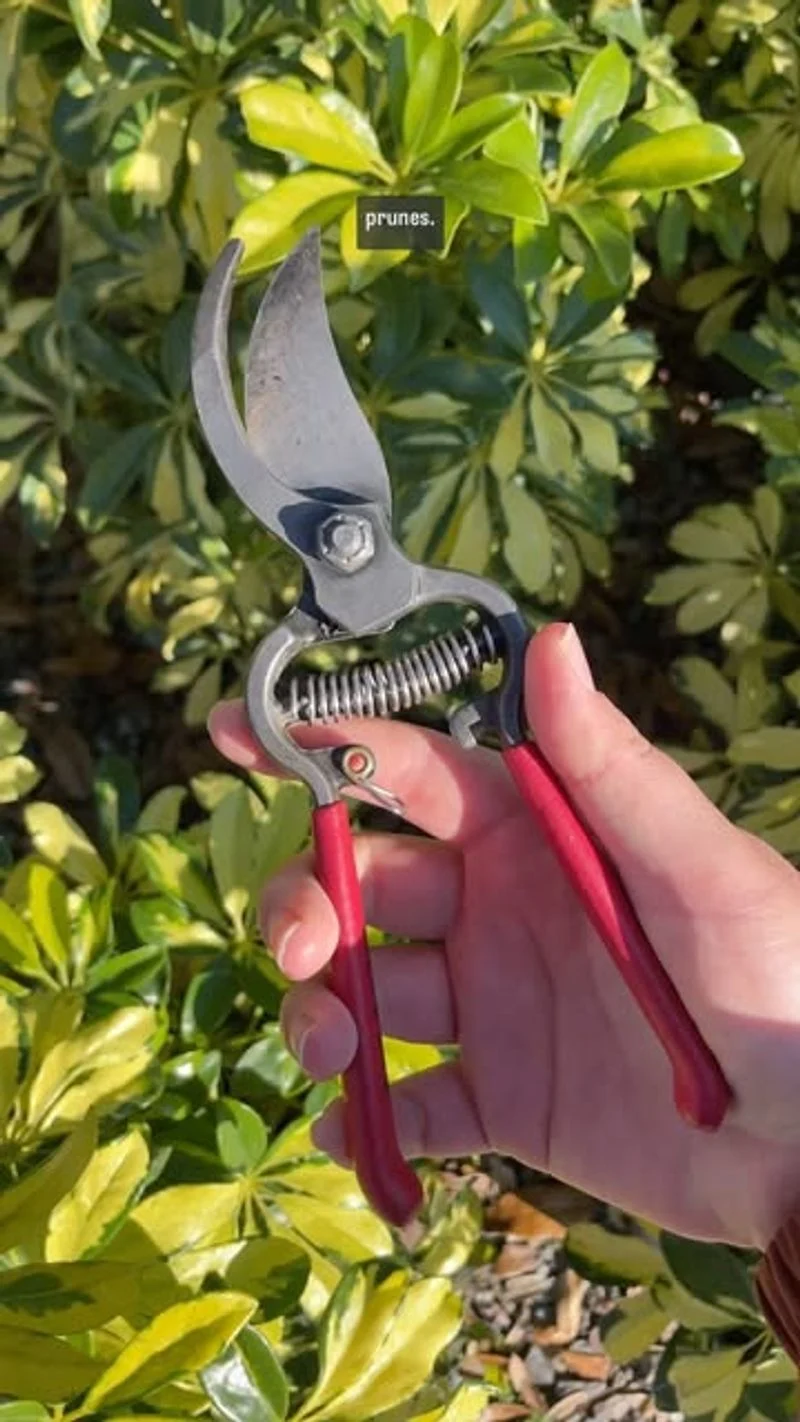
Pruning requires precision and care, and not every gardener enjoys the task. The fear of cutting too much or too little can cause anxiety, turning a potentially rewarding experience into a stressful chore.
Timing is crucial, as is knowing which branches to remove to promote healthy growth. Mistakes can lead to a plant’s demise, adding pressure to an already delicate task.
Even experienced gardeners sometimes find pruning tedious. The monotony of snipping branch after branch can grow tiresome, especially when faced with sprawling bushes and unruly vines.
Pest Control

Unwanted critters can turn a flourishing garden into a nightmare. From aphids to slugs, pest control is essential yet despised by many gardeners. The challenge lies in finding the right balance between eliminating pests and preserving the ecosystem.
Chemicals can harm beneficial insects, while organic methods require patience and persistence. The sight of damaged leaves and wilting plants can be disheartening, leaving gardeners in a constant struggle to protect their crops.
Despite the battle against bugs, gardeners strive to maintain harmony in their green spaces.
Watering
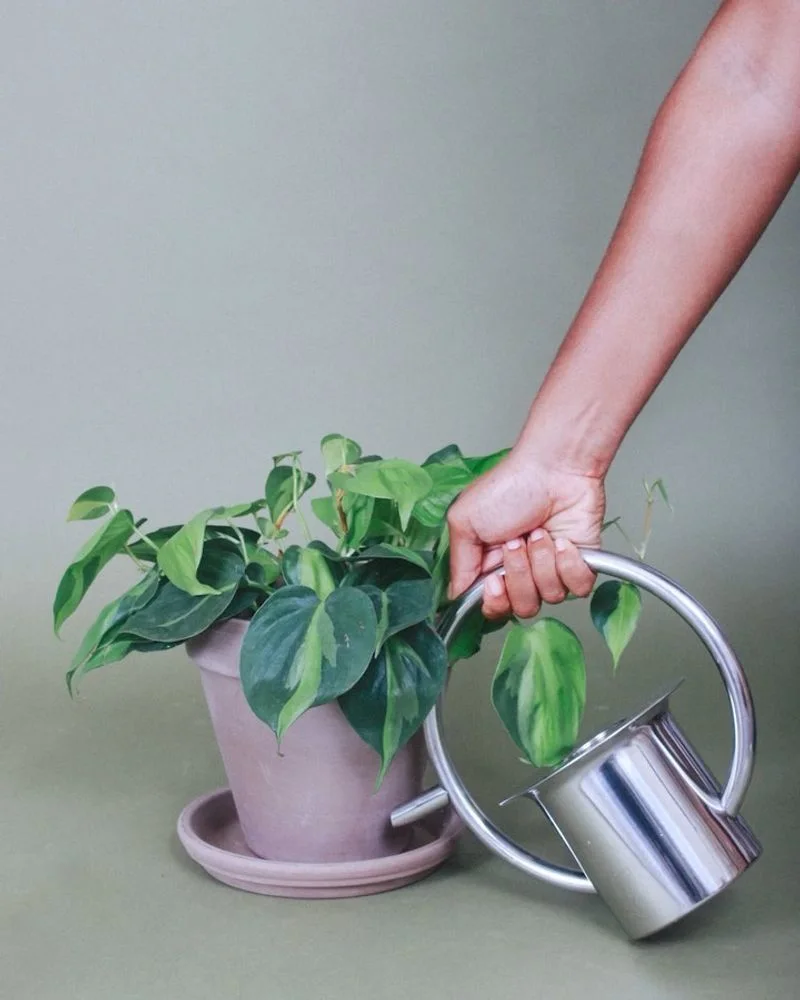
Though vital, watering can become a monotonous task, especially during dry spells. The chore of dragging hoses and ensuring each plant receives enough water can become tiresome, particularly in expansive gardens.
Timing is everything; watering at the wrong time can lead to evaporation or fungal diseases. Ensuring proper hydration without waste requires diligence and attention.
For those without automated systems, watering becomes a daily commitment, often leaving gardeners wishing for a good rainstorm to ease their burden.
Composting
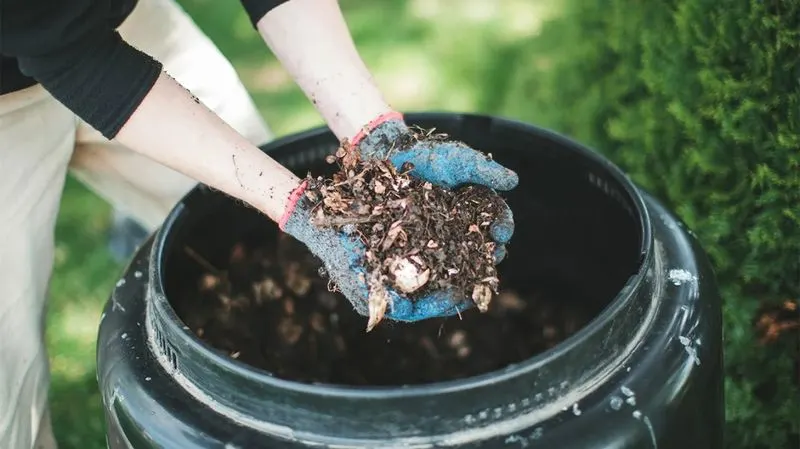
Creating compost is an art, but not every gardener enjoys the messy process. Managing the right balance of green and brown materials, ensuring proper aeration, and dealing with odors can be off-putting.
Turning compost is labor-intensive, and the wait for rich, usable soil can test one’s patience. The reward of nutrient-rich compost is undeniable, yet the journey to get there is often viewed with reluctance.
For those new to composting, the learning curve can be steep, leaving some gardeners frustrated with the complexities involved.
Mulching
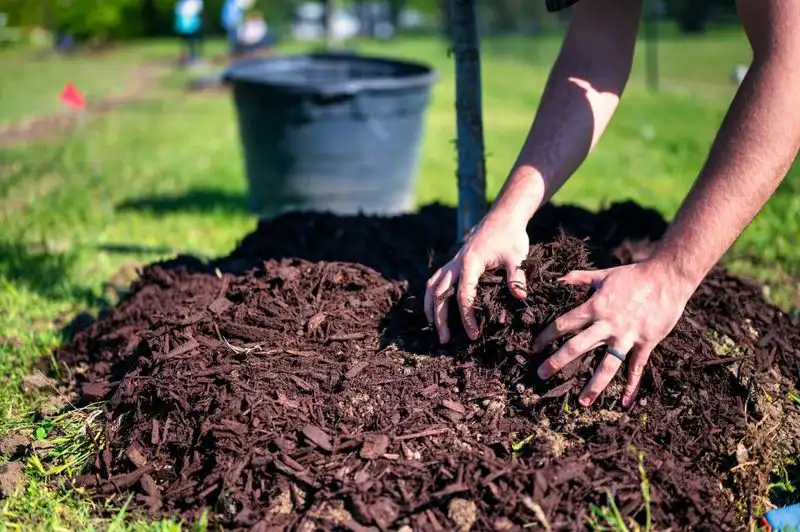
Mulching is beneficial but tiresome. The task of spreading loads of mulch around plants and trees is physically demanding. Hauling bags or wheelbarrows full of mulch, then evenly distributing it, can be daunting.
Yet, the benefits are undeniable: moisture retention, weed suppression, and adding nutrients to the soil. Despite these perks, the act of mulching remains a burdensome task for many gardeners.
The repetitive nature and sheer volume of material to cover large areas can make it a dreaded chore, even for seasoned gardeners.
Deadheading
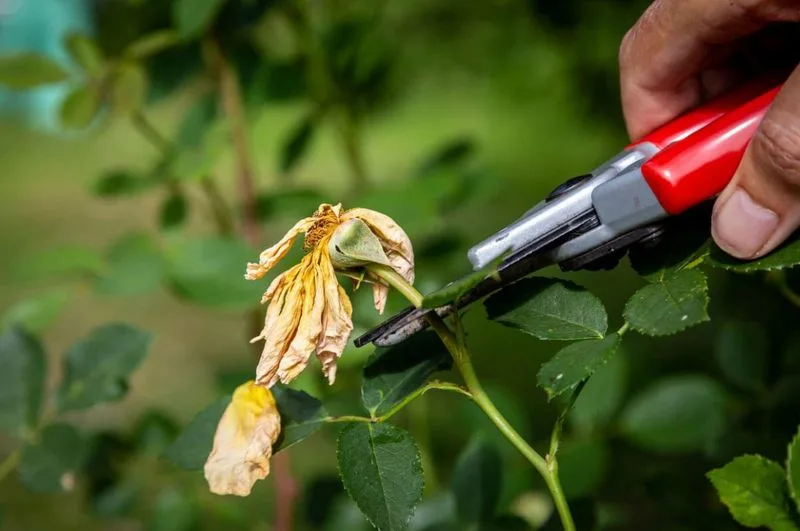
Deadheading is a delicate and ongoing task that ensures continuous blooming. Though it seems simple, the repetitive nature can become tiresome. Removing spent blooms requires patience, yet the results often speak for themselves.
A garden’s aesthetic depends on regular maintenance, making deadheading vital. However, the constant vigilance needed can turn this task into a chore rather than a joy.
Even with the promise of more blooms, many gardeners find deadheading monotonous, longing for a garden that naturally maintains its beauty without intervention.
Lawn Mowing
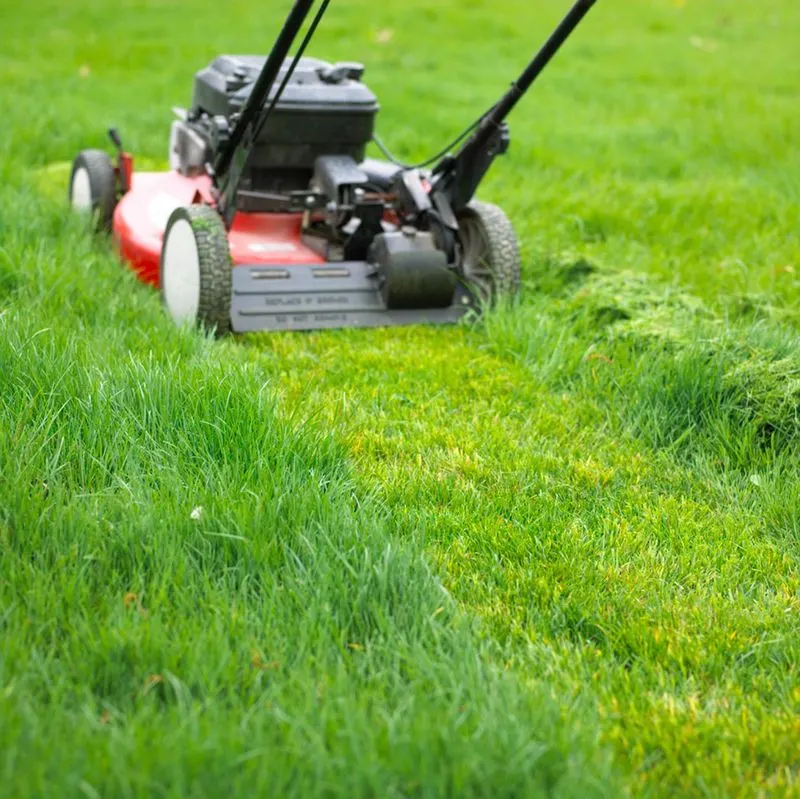
For gardeners, mowing the lawn is often a dreaded task. The roar of the mower, the never-ending cycle, and the need for precise cutting lines can make it an unenviable chore.
Maintaining a perfect lawn requires regular mowing, which can be time-consuming and physically demanding. The satisfaction of a well-kept lawn is undeniable, but the effort involved often overshadows the reward.
Many gardeners dream of a low-maintenance landscape, free from the tyranny of the weekly mow.
Fertilizing
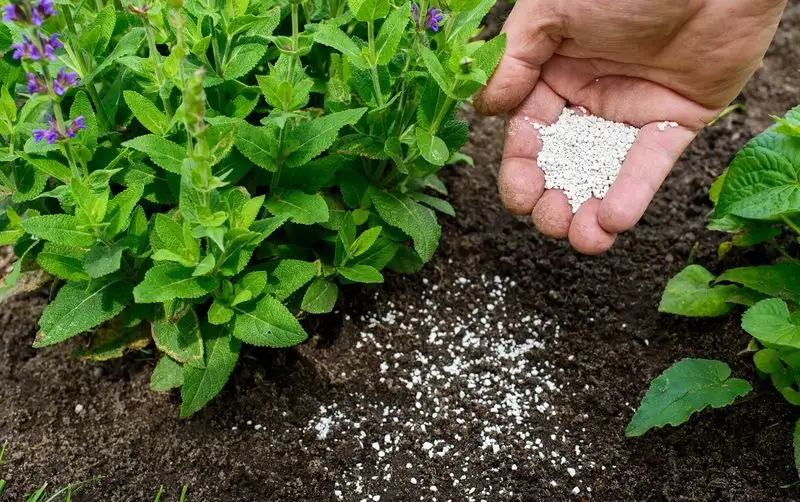
Fertilizing is crucial but often tedious. Measuring and applying the right amounts to encourage growth requires precision and care. The process of mixing, spreading, or spraying fertilizers can be labor-intensive.
Choosing the correct products and timing for specific plant needs adds complexity to an already complex task. Mistakes can lead to nutrient imbalances, affecting overall plant health.
While the promise of bountiful blooms and harvests is alluring, the meticulous work involved in fertilizing can turn it into a task few gardeners enjoy.
Planting Bulbs
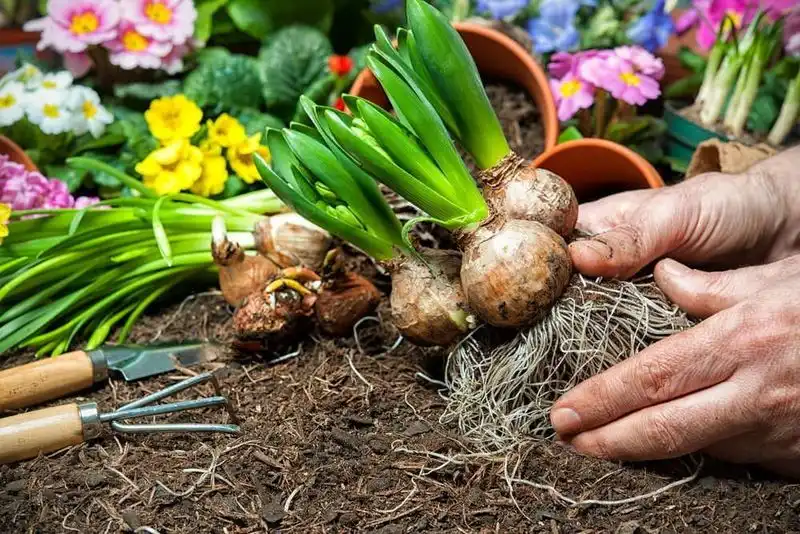
Planting bulbs is a hopeful act with a long wait for reward. The task involves planning, precision, and patience. Digging the right depth and spacing each bulb correctly requires attention to detail.
Though the promise of spring blooms is enticing, the labor-intensive work in chilly autumn weather can make it a dreaded chore. The satisfaction of seeing flowers emerge months later may not outweigh the effort for some gardeners.
It’s a labor of love that requires resilience, something not all gardeners find appealing.
Dealing with Perennials
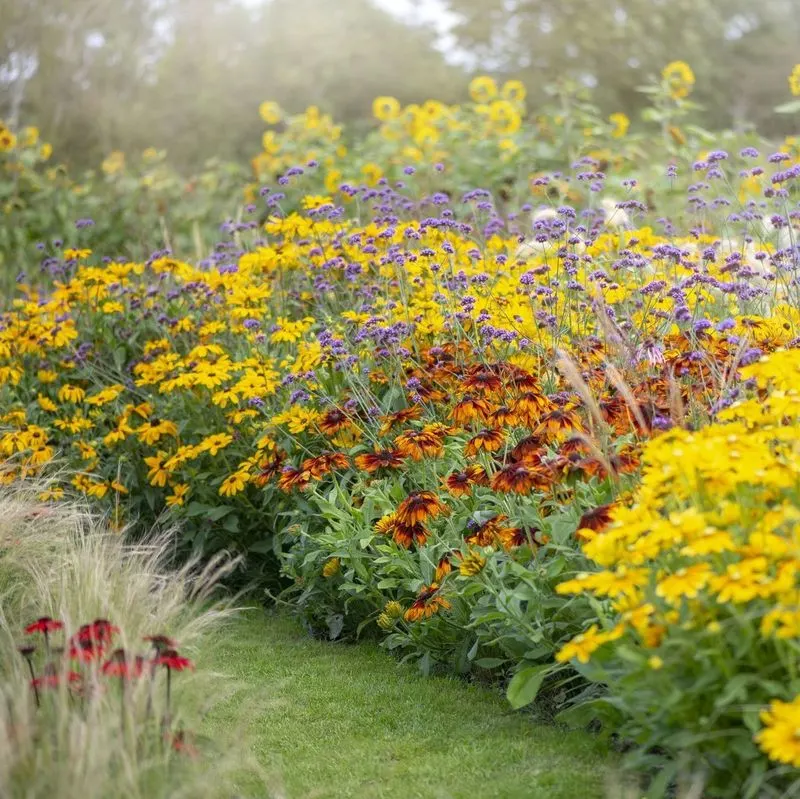
Perennials add lasting beauty, but their maintenance can be a burden. Dividing, transplanting, and managing their growth requires knowledge and effort. They need regular attention to prevent overcrowding and ensure healthy blooms.
The work involved in caring for perennials can be overwhelming, particularly in large gardens. The complexity and time commitment often lead gardeners to dread dealing with them.
Despite their beauty, perennials demand more than mere admiration, leaving some gardeners to secretly wish for less demanding plants.
Dealing with Clay Soil
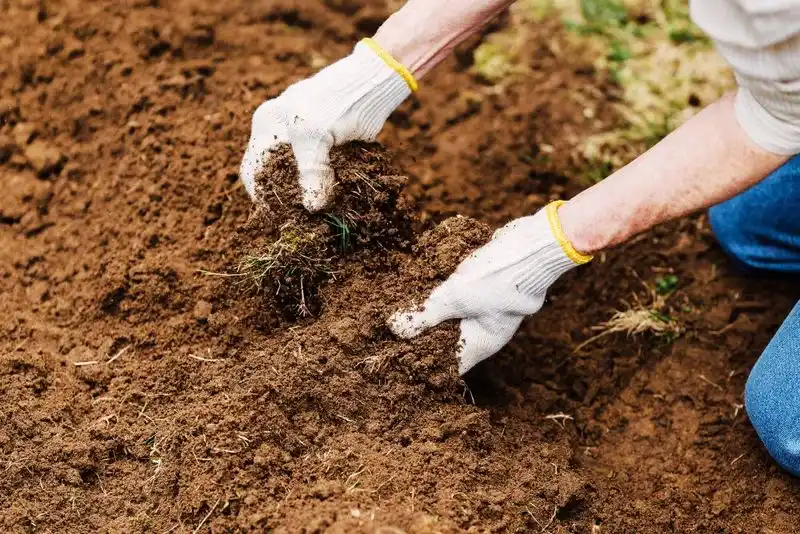
Clay soil is a gardener’s adversary. Its dense, compact nature makes digging a strenuous task, often leaving gardeners weary. The challenge lies in improving its texture to create a hospitable environment for plants.
Amending clay soil requires patience and persistence, often involving the addition of organic matter. Despite the hard work, the results can lead to thriving plants.
The frustration of working with clay soil is a well-kept secret among gardeners, as they dream of loamy, easy-to-work soil.
Repotting
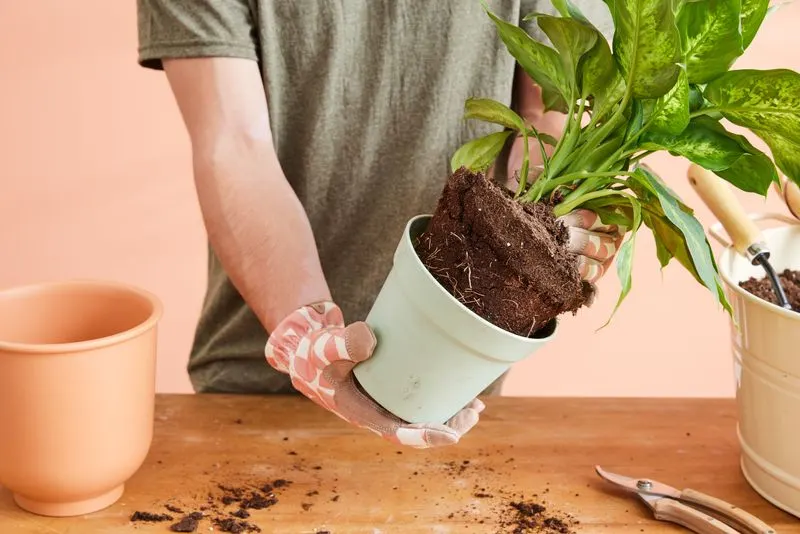
Repotting is vital but often dreaded. The task of moving plants to larger pots can be messy and labor-intensive. Ensuring that soil is adequately packed and roots are not damaged adds pressure.
For those with extensive collections, repotting becomes a time-consuming endeavor. The satisfaction of seeing plants flourish in new homes is rewarding, but the effort can be daunting.
Even with the promise of growth, many gardeners find the process of repotting to be a necessary but unenjoyable part of plant care.
Dealing with Weeds in Gravel
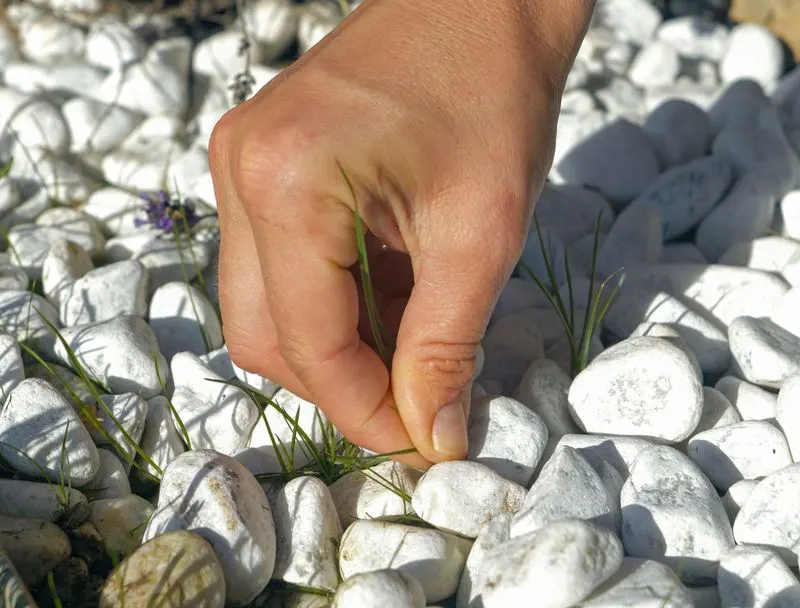
Weeds in gravel paths are particularly annoying. Their resilience and ability to grow in seemingly inhospitable environments make them tough opponents. Removing them is often back-breaking work, requiring time and persistence.
Even with weed barriers, these uninvited guests find a way to invade. The battle against gravel path weeds is never-ending, leaving gardeners exasperated.
It’s a task that many would gladly forego, dreaming of neat, weed-free pathways without the constant struggle.
Winterizing the Garden
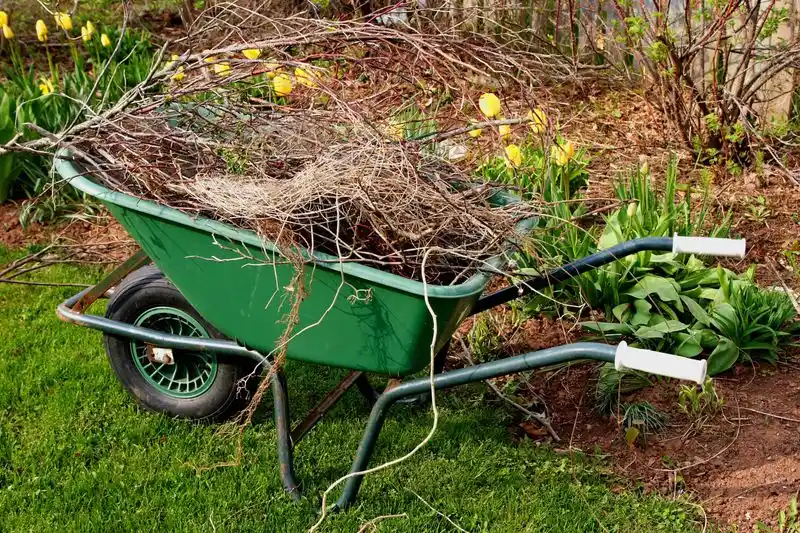
Preparing a garden for winter is a necessary but often disliked task. The ritual of covering plants, insulating roots, and ensuring everything is secure can be overwhelming.
Though vital for plant survival, the process is labor-intensive and requires careful planning. The anticipation of harsh weather adds urgency to the chore.
For many, winterizing is a bittersweet task, signaling the end of the growing season and the beginning of a long wait for spring.
Dealing with Algae in Ponds
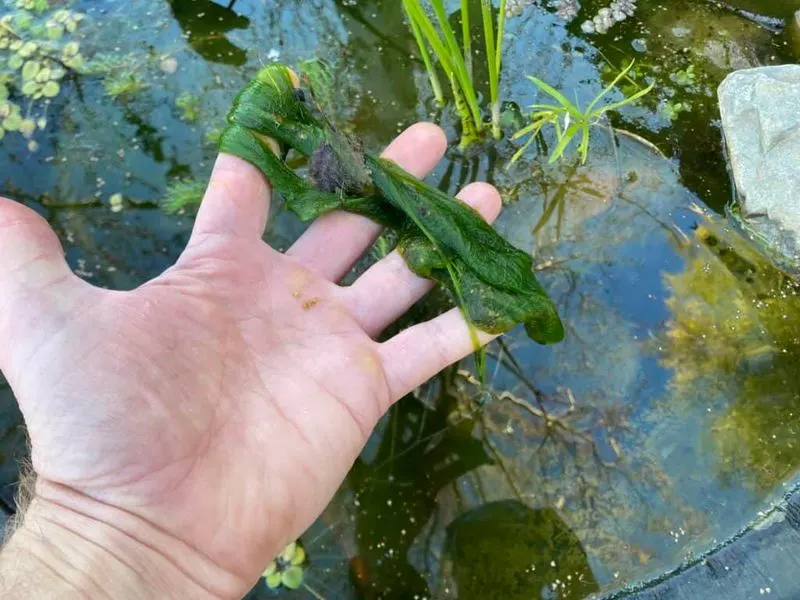
Algae can quickly turn a serene pond into an eyesore. The green slime coats surfaces, affecting water quality and aesthetics. Regular cleaning is essential to maintain balance, yet it’s a task many gardeners dread.
Removing algae requires persistence and care to avoid harming aquatic life. The repetitive nature of the task can become tiresome.
Despite the allure of a clear, beautiful pond, dealing with algae is a chore that even pond enthusiasts find taxing.

